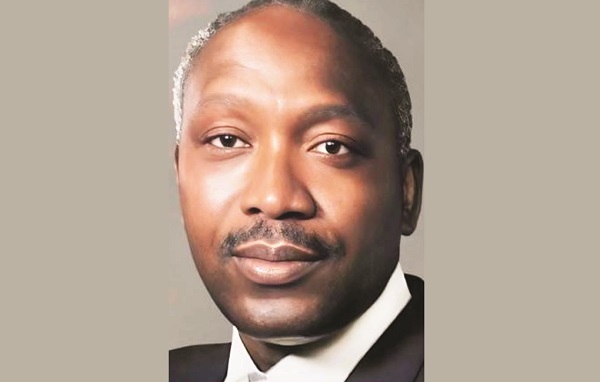Alao Aka-Bashorun (1930–2005) was a distinguished Nigerian lawyer, human rights activist, and fearless defender of democracy. Known for his brilliance, integrity, and uncompromising commitment to justice, he emerged as one of the most outspoken voices against military dictatorship and political repression in Nigeria’s modern history.
Early Life and Legal Career
Born in Lagos in 1930, Aka-Bashorun pursued law with a determination that would define his career. Called to the Bar in the 1960s, he quickly built a reputation as a lawyer of uncommon intellect, ethical standards, and devotion to the oppressed. In his legal regalia—wig and gown—he came to symbolize not only the practice of law but also the broader struggle for justice in Nigeria.
His practice was marked by an insistence on fairness, often taking up cases that challenged injustice and government overreach. This foundation prepared him for the national prominence he later achieved.
Leadership of the Nigerian Bar Association
Alao Aka-Bashorun rose to national prominence when he was elected President of the Nigerian Bar Association (NBA) from 1987 to 1989. His tenure was one of the most consequential in the association’s history. Under his leadership, the NBA became a powerful and principled voice for accountability, human rights, and the rule of law at a time when Nigeria faced authoritarian military rule.
He steered the Bar toward activism, insisting that lawyers had a duty not only to the courts but also to society at large. His presidency was marked by bold statements against government decrees that undermined the judiciary, as well as efforts to mobilize lawyers into a collective force for democracy.
Confronting Military Dictatorship
Even before the June 12 crisis, Aka-Bashorun had distinguished himself as a fierce critic of the military regimes of General Muhammadu Buhari (1983–1985) and General Ibrahim Babangida (1985–1993). He openly opposed repressive decrees such as Decree No. 2, which allowed indefinite detention without trial, and Decree No. 4, which curtailed press freedom.
These early battles earned him both admiration and enmity, but they cemented his reputation as a lawyer unwilling to bow to intimidation.
Role in the Struggle for June 12 and Democracy
His most defining role came during the aftermath of the annulled June 12, 1993, presidential election—widely considered Nigeria’s freest and fairest. When General Babangida annulled the election results, Aka-Bashorun was among the most vocal critics. He condemned the annulment as a betrayal of the Nigerian people’s will and mobilized the legal community and civil society to demand restoration of democratic governance.
He was also a strong supporter of the Campaign for Democracy (CD) and other pro-democracy coalitions, which coordinated protests, advocacy, and international pressure on the military regime. His activism placed him at personal risk, but he remained steadfast, embodying the resilience of Nigeria’s democratic movement.
Legacy and Impact
Alao Aka-Bashorun passed away in 2005, but his legacy endures. He is remembered as a lawyer who refused to compromise with injustice, a Bar leader who transformed the NBA into a moral force, and an activist who helped keep the flame of democracy alive during Nigeria’s darkest years.
His life continues to inspire generations of lawyers, activists, and Nigerians committed to human rights and democratic governance. In the history of Nigeria’s legal profession and democratic struggle, Aka-Bashorun stands as an icon of courage, integrity, and service.
Sources
The Guardian Nigeria, “Remembering Alao Aka-Bashorun: An Icon of the Bar and Human Rights Defender,” June 12, 2020.
FOLLOW US ON:
FACEBOOK
TWITTER
PINTEREST
TIKTOK
YOUTUBE
LINKEDIN
TUMBLR
INSTAGRAM































